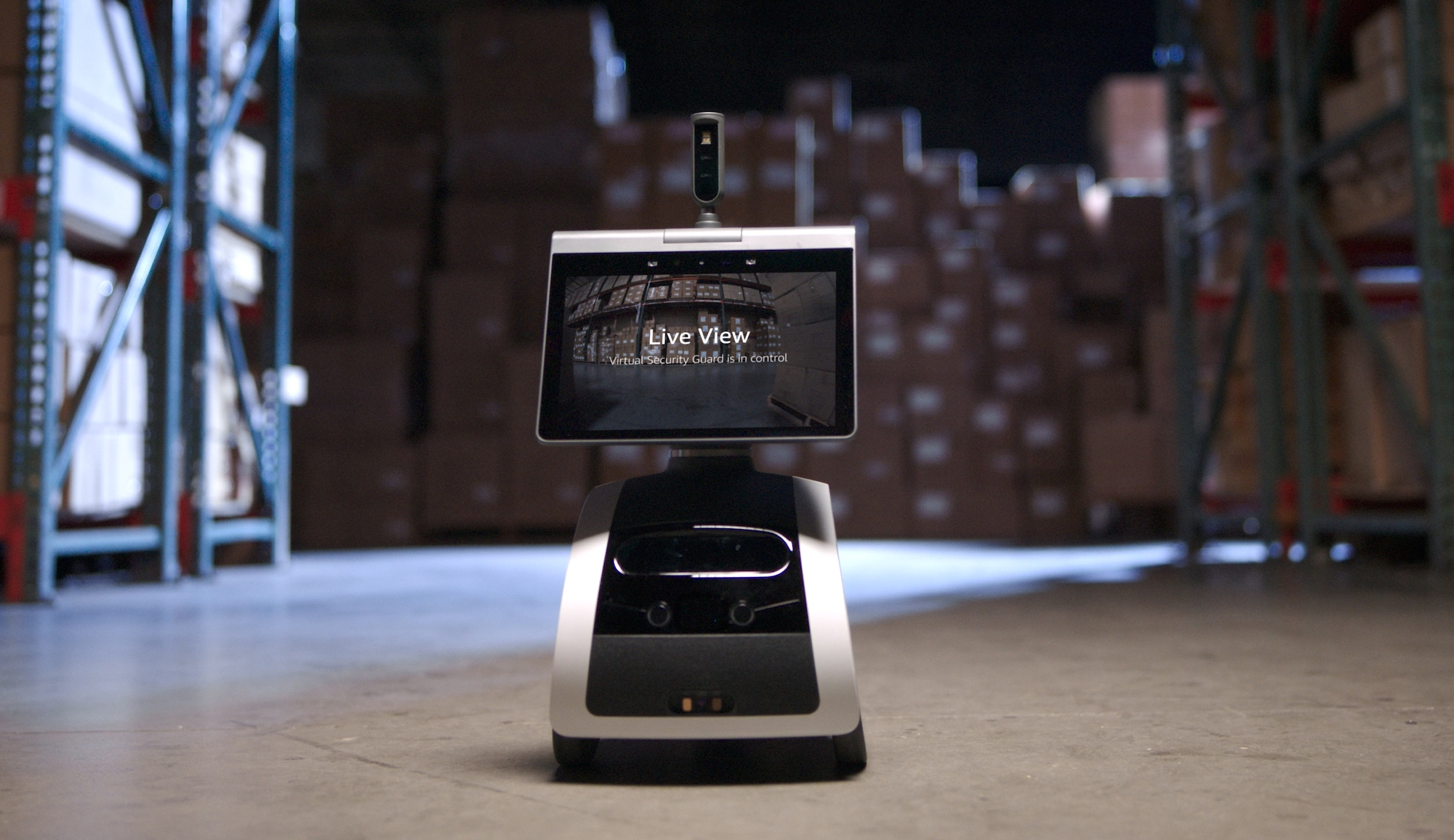Amazon Astro’s successor could embrace ChatGPT-style generative AI
Big upgrade could give home robot contextual understanding

Amazon Astro is the very definition of a niche product. Still only available to buyers with an invite and with a price that’s just gone up $100 to $1,599, it’s years away from being a mainstream product to utter in the same breath as Kindle or Echo.
It’s also distinctly limited in its current form, essentially proving to be little more than a smart screen on wheels with the additional perk of being a roaming camera when you’re away. But the next generation could take things to a whole new level, according to internal documents seen by Insider.
Amazon is apparently working on something codenamed “Burnham.” This taps into the flurry of interest shown in generative artificial intelligence (AI) such as ChatGPT, with Amazon aiming to add a layer of “intelligence and conversational spoken interface” to future smart home robots via large language models.
What does this mean in practice? The site reports that Amazon’s aim is for a robot that can remember spotting things around the house and then “engage in a Q&A dialogue on what it saw.”
For example, if a future Astro bot spotted that somebody had left the stove or a faucet on, it could track down a human to let them know. If it spots said human falling over while rushing to turn the stove on, it could monitor the situation and call 911 if necessary.
Currently, Astro’s camera is mainly used for security reasons, but it appears that Amazon is looking to expand that to be more useful too. The document reportedly includes examples where Astro could help track down your missing keys, check if a window has been left open or even see if the kids had friends over after school.
A smarter Astro could also be used to reason and prioritize more important tasks, the report says. For example, if a robot comes across some broken glass, it could understand that this is a hazard, and try to sweep it up as a matter of urgency.
Sign up to get the BEST of Tom's Guide direct to your inbox.
Get instant access to breaking news, the hottest reviews, great deals and helpful tips.
Not that the current Astro could do that, even if it had the intelligence. But with Amazon’s $1.7 billion purchase of Roomba last year, adding vacuum functionality to a future Astro feels like something of a no brainer.
While this intelligence sounds like a great step forwards for Astro’s descendents, the intelligence of such a device isn’t the main block towards a genuinely game changing product: it’s mechanics.
Astro can’t fold laundry, fill the dishwasher or even climb stairs. While companies like Tesla and Dyson are working towards soft robotics with the dexterity to grip delicate items, we’re some way away from that dream being a commercial reality. And even further away from such functionality being remotely affordable to the average consumer.
Freelance contributor Alan has been writing about tech for over a decade, covering phones, drones and everything in between. Previously Deputy Editor of tech site Alphr, his words are found all over the web and in the occasional magazine too. When not weighing up the pros and cons of the latest smartwatch, you'll probably find him tackling his ever-growing games backlog. Or, more likely, playing Spelunky for the millionth time.

